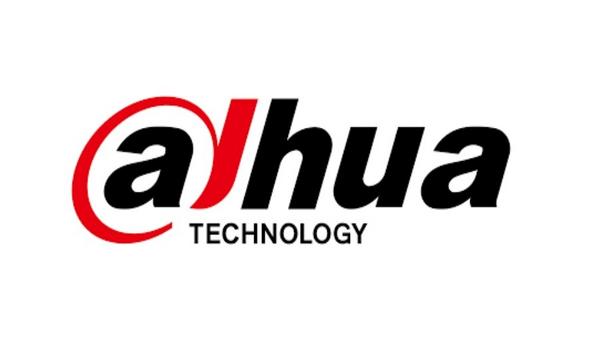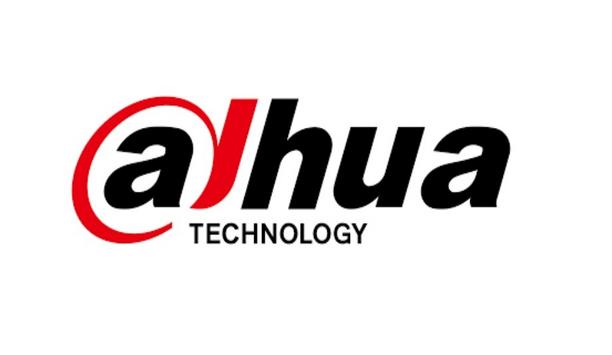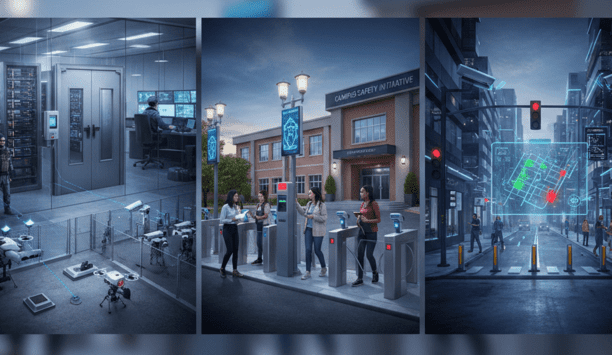A mix of Hubble Panoramic and PTZ cameras from Dahua Technology have been installed at Tripoli Stadium in Libya to help it meet modern international standards. Built in 1970, it is the largest Olympic stadium in the country and has been renovated and refurbished to meet FIFA’s requirements for stadium safety and security.
Challenges
With a capacity of 50,000 spectators, the stadium becomes crowded on match days and control of spectators and crowds becomes paramount. With only a limited number of police, security and stadium staff to rely on, stadium managers needed to have an overview of crowd flows and potential congestion to help ensure safety at these busy times.
In addition, the stadium needed to stream images of match action to large screens strategically located inside and outside the stadium for fan interaction, as well as provide screens for advertising.
Solution
Cameras contain wise roles such as face recognition, perimeter protection and people-counting
A mixture of eight Hubble panoramic and more than 180 WizMind 5 series cameras have been installed at the stadium to improve the situational awareness for stadium managers and the security team. The Hubble cameras are situated high up in the stadium to provide a panoramic overview, while being able to track specific incidents.
They consist of an array of fixed cameras providing 180o, 270o or 360o coverage, together with an integrated dome camera to zoom into a particular scene and track specific objects. With Ultra HD resolution of up to 24MP, Hubble also features crowd number and density detection, vehicle-counting and density monitoring and augmented reality mapping.
Dahua’s DSS video management software
The cameras are available in dust-proof, waterproof and vandal-proof versions
Also installed are more than 180 WizMind 5 series cameras. Featuring Starlight and deep learning algorithms, the cameras incorporate intelligent functions such as face recognition, perimeter protection and people-counting, which all greatly improve the accuracy of video analysis. The cameras are available in dust-proof, waterproof and vandal-proof versions.
Intelligent recognition plays a big part in the security of the stadium, with cameras being able to identify and subsequently track any blocklisted suspects. This feature is also used at the entrance of the stadium to validate authorised ticket holders. Also installed are giant 15m x 9m LED screens to provide images of play on the pitch, as well as advertising coverage. All equipment is managed by Dahua’s DSS video management software located in the central control room.
Results
The installation of the Dahua equipment has provided stadium staff and security personnel with a high degree of situational awareness at the venue.
They are now able to control access to the stadium through face recognition, anticipate overcrowding and potential congestion points with automatic heat mapping from camera images and track suspicious people or potential incidents. The cameras also provide a high degree of perimeter protection to detect and track abnormal intrusion.
Learn why leading casinos are upgrading to smarter, faster, and more compliant systems























